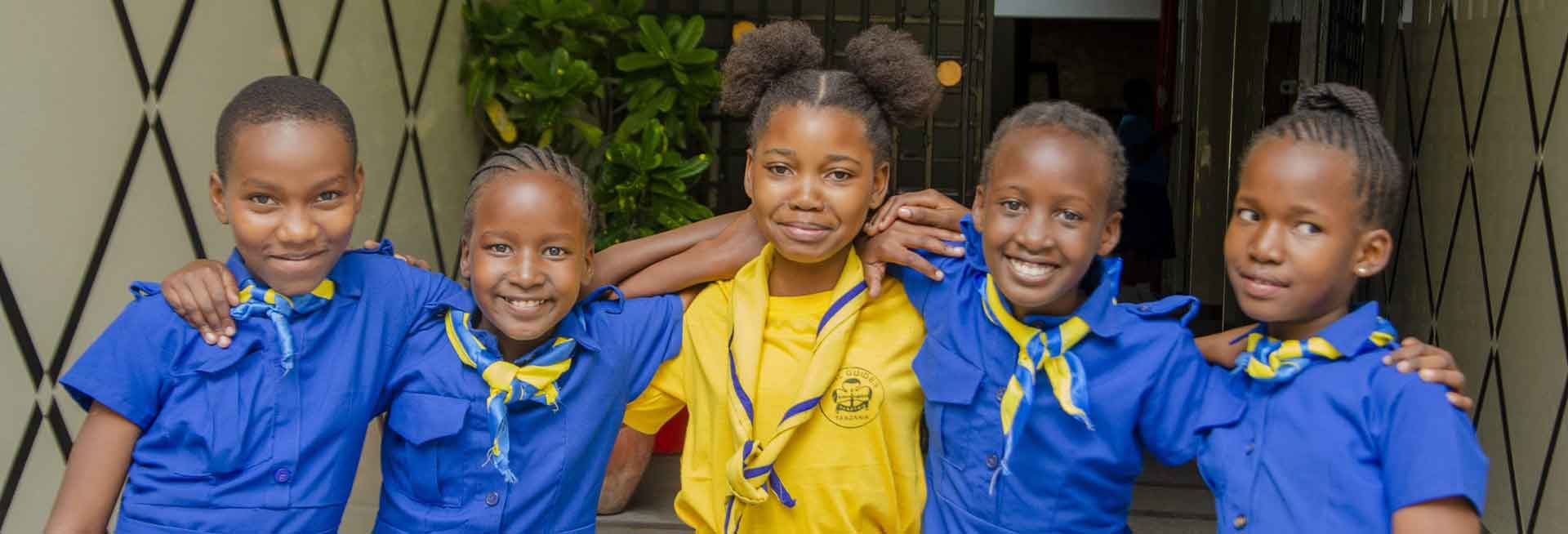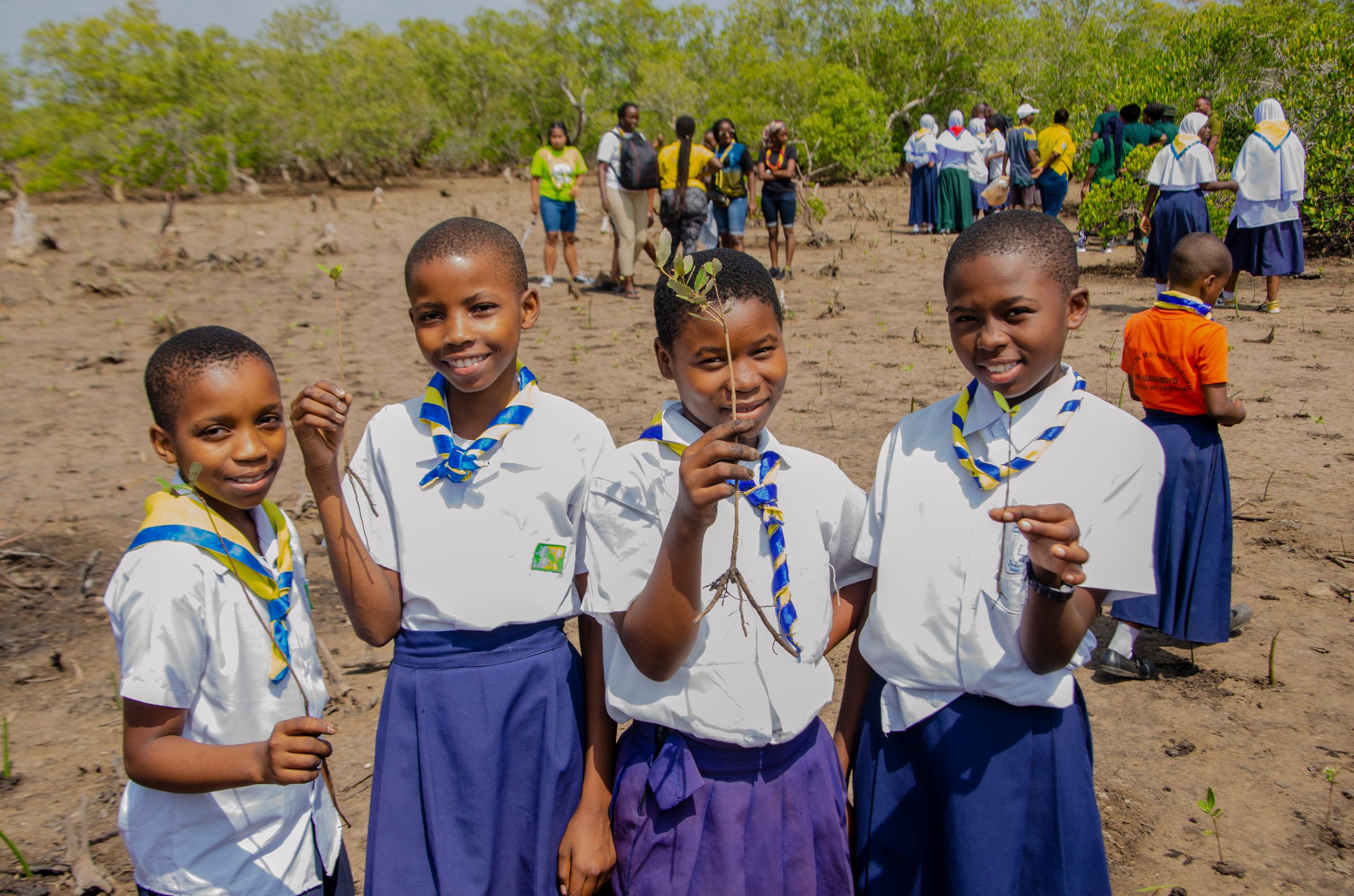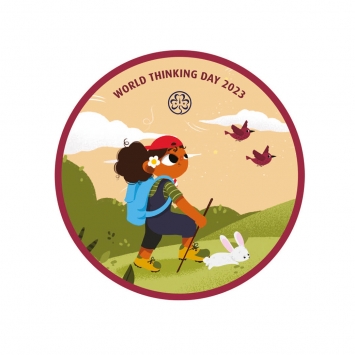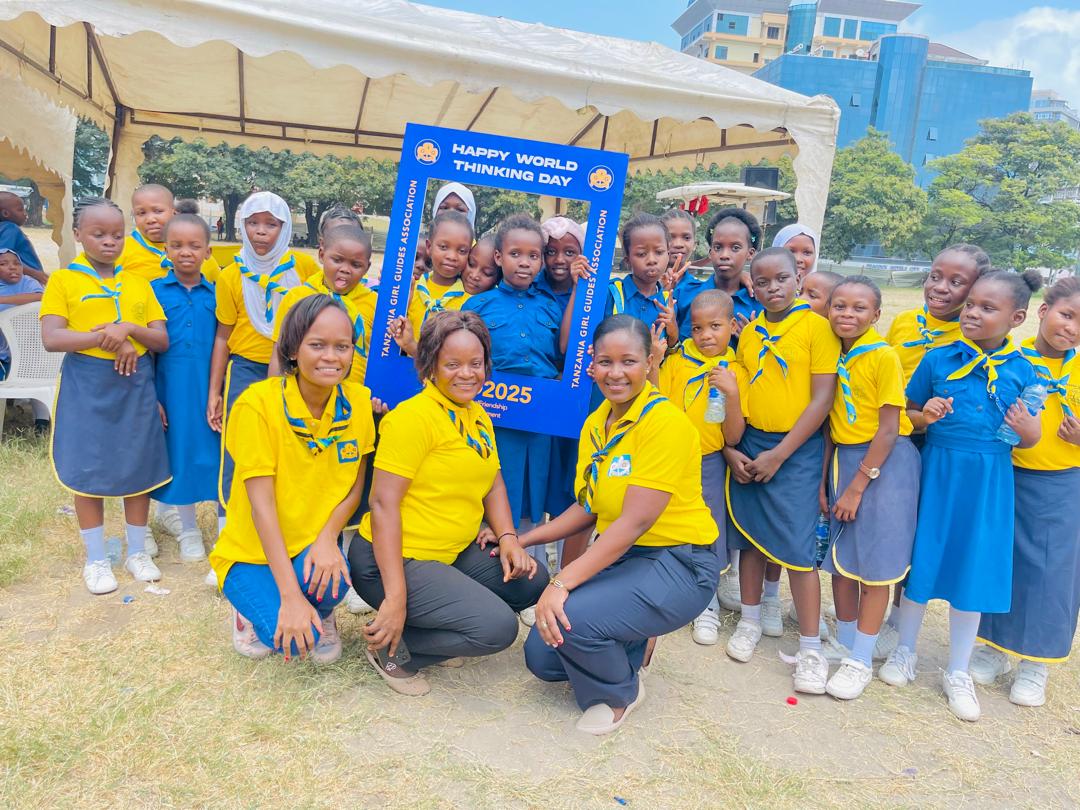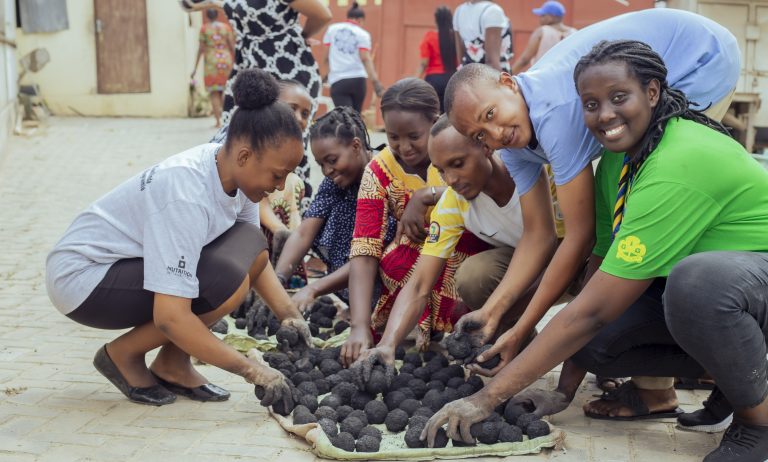Short description of the project;
Reduction of Alcohol harm among Youth is a project implemented by Tanzania Girl Guides Association, funded by IOGT-NTO Movement. The project cycle runs from 2018-2021 having an overall goal that states “To have 20% decrease in alcohol consumers among youth in Dodoma Urban District contributing to reduction of alcohol harm in the project area by 2021”. The direct target group is 20,000 girl guides in Dodoma urban District and indirect target gro
[up includes 20,000 young boys and girls in community. The proposed project area included four wards Iyumbu, Northern Kikuyu, Southern Kikuyu and Makulu. Project had four strategies including alcohol mainstreaming in guiding through use of alcohol specific syllabus, young boys and girls from various educational institutions enabled to make rational decisions on alcohol use and harm, community engagement in formulating and enforcing by laws on alcohol matters and building a competent project team to enable staff competence.
PROJECT RESULTS BASED ON THE OUTCOMES;
- Alcohol prevention issues mainstreamed into the Tanzania Girl Guiding through a specific syllabus on alcohol harm and prevention. A total of 4,500 books on guiding curriculum for all guiding groups as per their age (Tanzanite’s, Rangers and Guides) were developed with the reduction of alcohol harm among youth education added in the curriculum and distributed to the 11 schools which were implementing the projects in the project area. Including the reduction of alcohol harm among youth education within the guiding curriculum has helped to reach out to not only the intended group of girl guides in the project area but also the guides from 23 regions. This is also a model of sustainability of the project.
- Youth from educational institutions make rational and informed decisions to reduce alcohol consumption and harm. As a result of 225 training sessions done in 11 educational institutes, 90 percent of the girl guides who took the pre-test were found to have a reasonable understanding regarding alcohol harm. According to the survey report for the year 2021, "the age of first consumption of alcohol has slightly decreased from 20 (2017) to 19 (2021)", This has also contributed to the behavioral changes of the students. The Kikuyu B primary school Headteacher (Madam Mndasha) testified on how the project intervention at the school transformed the behavior of one of her students who had been using alcohol. As quoted “baada shule yet kuanza harakati za mradi huu, tumefanikiwa kumrudisha shule binti mmoja wa darasa la nne ambaye aliacha masomo yake mwaka 2019 kwa sababu ya kukosa malezi na kujiingiza katika vikundi vya unywaji pombe na madawa ya kulevya, binti huyu sasa anapewa ushauri wa kisaikolojia na msaada wa kimasomo na walimu kwa ukaribu”. That after the project started being implemented and reaching this particular school, they have successfully been able to see the behavioral change in a student of grade four who had dropped out of school in 2019 after being influenced into taking alcohol; and that currently, the girl is receiving the help she needs to continue with her studies and life.
Local government representatives spoke on the transformation in parents' attitudes on their children, which was mostly triggered by parents abandoning their children for failing to provide for their basic needs. The mothers have been requesting assistance from the LGA's offices. That testimony came from a Kikuyu ward WEO. All of this demonstrates how alcohol harm awareness has had a significant impact on the lives of youth, and that youth have a sufficient understanding of alcohol-related harm. The increase in the percentage of women who have never consumed alcohol from the 2017 survey which was 31% to 35% in the 2021 study, shows that women in the community are aware of the dangers of alcohol and are making informed decisions regarding its use.
"Gender analysis shows an increase among females over the years of study by 5% while for males it is by 3%. In Makulu while the proportion of females who have never taken alcohol increased by 18%” and the significant change in % of incomes used in alcohol from 26.1% in 2017 to 10% in 2021."
- Alcohol consumption and harm is legally controlled through bylaws in the target area.
Ward meetings have been used by local government leaders and community volunteers to not only promote awareness about alcohol issues but also to highlight adherence to alcohol by-laws, with the following results: As a result of the 2021 study, the frequency of alcohol intake has been stabilized at 2-4 times per week, whereas the time for alcohol consumption was 5-7 times per week in the 2017 survey. This demonstrates the success of the local government's enforcement of alcohol by-laws, which have been enforced with community support.
The number of community members participating in ward-level meetings while sober has grown as the number of alcohol-related harms such as domestic abuse cases has dropped, and the mean age at first use of alcohol has decreased slightly from 20 (2017) to 19 (2021).
- Local government cooperation and support: - The project implementation was well supported and accepted by the local government authorities from all the four wards where the project was implemented Northern and Southern Kikuyu, Makulu and Iyumbu. The local government leaders have been appreciating all the efforts done by TGGA that it has helped a lot in minimizing a lot of challenges in their community where most of the challenges were caused by excessive use of alcohol. One of the local government leaders was quoted during the monitoring visit “there has been improved awareness in our communities about alcohol harms. The community volunteers have helped a lot in raising awareness to the community members and the alcohol by-laws have also contributed in putting restrictions on alcohol use which has also helped in reducing some cases like gender-based violence and fights among the alcohol users which was mostly happening when people are drunk”.
Improved project management competence resulting in quality project delivery
- TGGA has been able to increase the members from 155 members when the project was starting to 6755 Girl Guides who were recruited and reached out by the project. These members are from schools, colleges/universities, and the community. The project was emphasizing diversity and inclusion were some of the members and beneficiaries of the project were the girls from Dodoma Viziwi Center (those with hearing disabilities). TGGA has witnessed progress in its growth as being a school-based organization for the best outputs of the project, had to adopt the community-based approach for better results of the project.
- Visibility and networking: - Through this project, TGGA has been able to interact with like-minded organizations within and outside the country. Taking, for instance, Annual Partners meetings have been so helpful in building interactions with other organizations and getting an opportunity to learn from them on the best practices and new innovations. TGGA has also joined different networks like TAANET, TANCDA, and TGNP.

